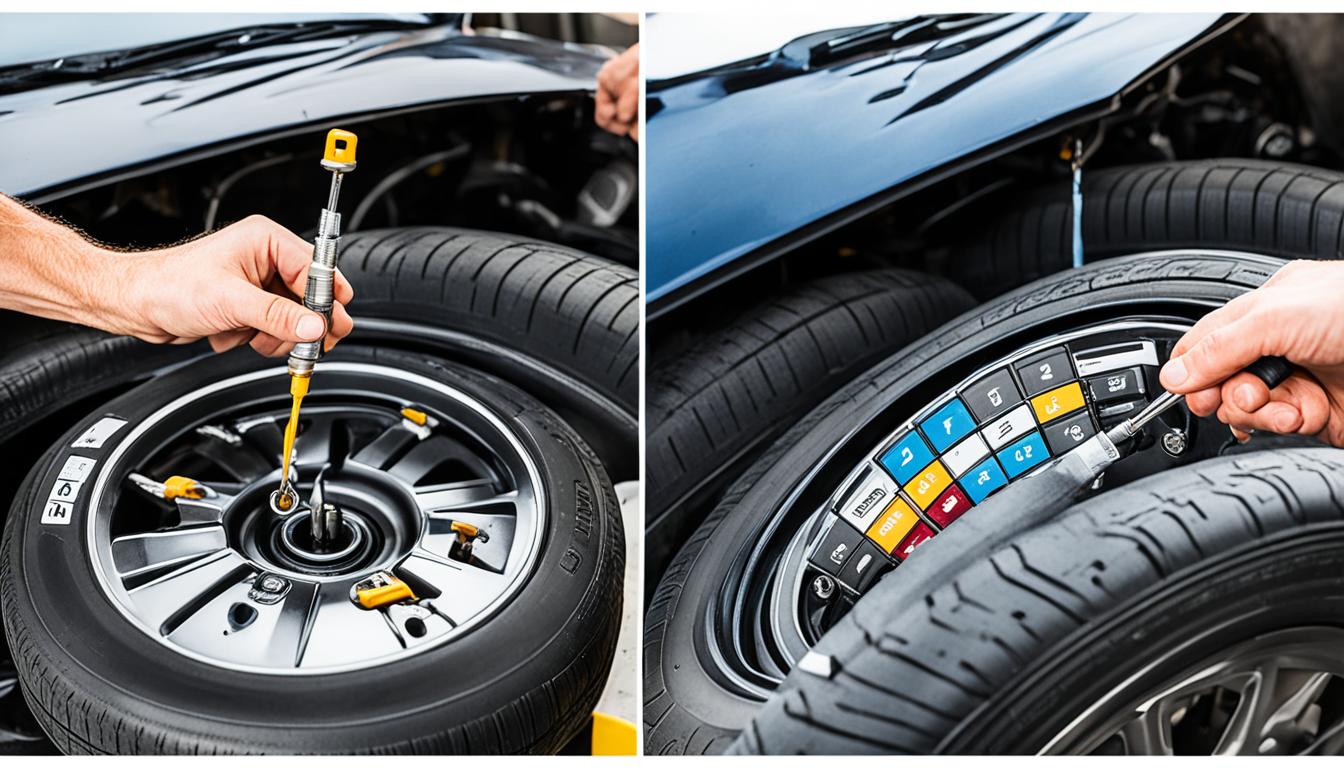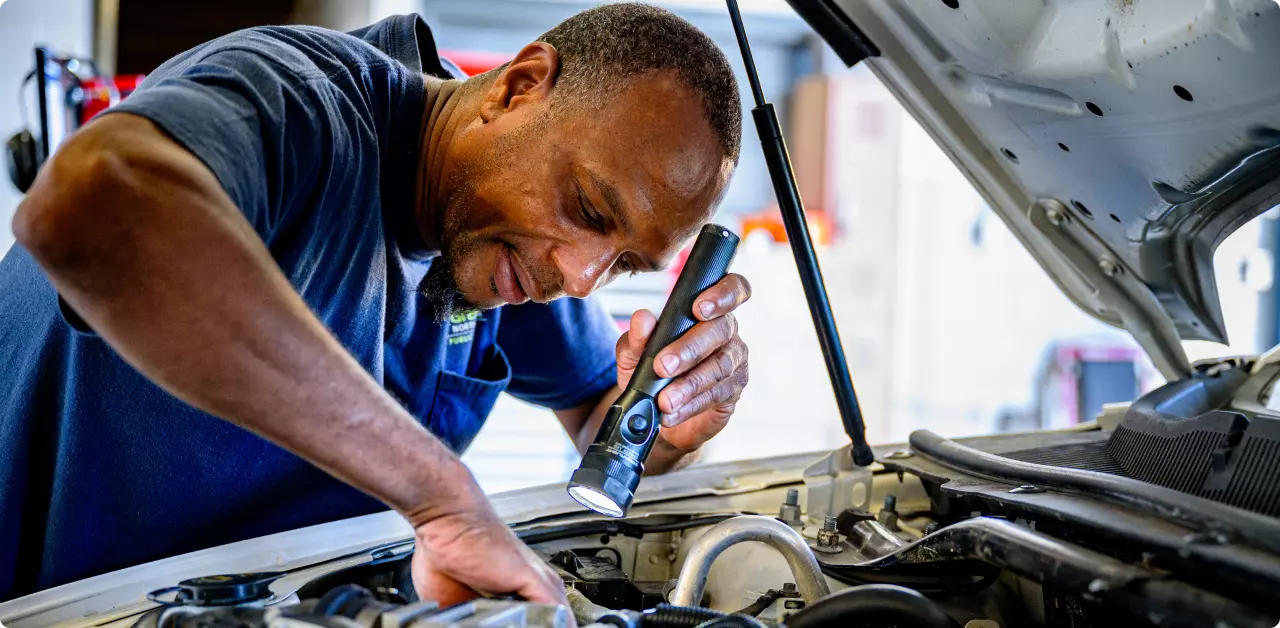All Categories
Featured
Preparing your lorry for a long-distance journey is necessary to ensure safety and security, convenience, and effectiveness throughout the journey. Whether you're gone to a weekend break trip or a cross-country adventure, making certain your car remains in top problem can avoid unforeseen problems and maintain you when driving. Below are key steps to ensure your vehicle is prepared for long-distance traveling.
![]()
![]()
Verdict. A little preparation goes a long way when it comes to long-distance traveling. By inspecting your vehicle's fluids, checking the tires and brakes, and ensuring the battery and air conditioning system are functioning effectively, you can lessen the danger of unanticipated malfunctions.
- Do an Extensive Fluid Inspect. One of the most essential checks prior to any long-distance drive is guaranteeing all important liquids are at the proper levels. Inspect your engine oil, transmission fluid, coolant, brake fluid, and windshield washer fluid.
- Inspect the Tires for Wear and Appropriate Inflation. Tires are your lorry's main point of call with the road, so ensuring they are in excellent problem is crucial. Inspect the tire pressure and inflate them to the suggested degrees to make sure optimum fuel efficiency and handling. Check the walk depth to make certain your tires can grip the road properly, particularly in wet or unsafe problems. If your tires show signs of uneven wear or are coming close to completion of their lifespan, change them prior to embarking on your journey.
- Inspect the Battery's Health and wellness. A failing battery is an usual reason for unanticipated malfunctions. Prior to leaving, evaluate the battery for any kind of noticeable corrosion on the terminals. If you observe any kind of accumulation, clean it very carefully with a blend of baking soft drink and water. In addition, check the battery's charge and age-- if the battery is over 3 years old, consider changing it to avoid prospective failure during your trip. Some vehicle components shops provide free battery screening, which can offer you peace of mind prior to striking the road.

- Make Sure the Cooling System Is Working Correctly. The cooling system keeps the engine from overheating, so it's essential to examine that it's operating appropriately prior to a long drive. Examine the radiator for any kind of leaks or damage and examine the coolant degrees. Leading it up with a mix of antifreeze and water according to the maker's recommendations if the coolant is low. Overheating can ruin an engine quickly, so if you're uncertain concerning your vehicle's cooling system, think about having it checked by a professional mechanic before leaving.
- Test the Brakes. The condition of your brakes straight influences your safety, specifically on lengthy journeys where you'll be driving at high speeds. Pay attention for any unusual noises, such as grinding or squealing, which could indicate that the brake pads are used out. Check the brake liquid degree and make certain it's at the optimum level. It's important to have them inspected and fixed prior to heading out. if your brakes really feel soft or less competent when you press the pedal.
- Inspect Your Signals and lights. Make certain all your car's lights, consisting of fronts lights, taillights, brake lights, and transform signals, are functioning correctly. In addition, clean your taillights and fronts lights to ensure maximum presence, particularly in foggy or stormy problems.

- Pack an Emergency Situation Set. Always load an emergency situation set with essential items, including an initial aid set, flashlight, jumper cables, tire-changing tools, and a spare tire. Consist of standard supplies such as bottled water, non-perishable snacks, and a blanket in case you end up stranded.
- Strategy Your Path and Rest Stops. Mapping out your path in advance is crucial to an effective long-distance trip. Utilize a General practitioner or smartphone application to examine for building and construction or roadway closures, and determine practical rest quits for sustaining and stretching your legs.
- Arrange a Pre-Trip Examination. Take into consideration setting up a pre-trip evaluation at an automobile shop if you're uncertain about the condition of your auto or want an experienced point of view. An auto mechanic can execute a detailed check, ensuring every little thing is in great functioning order prior to you leave. If you're taking a much longer journey or driving in strange areas., this action is specifically essential.
Verdict. A little preparation goes a long way when it comes to long-distance traveling. By inspecting your vehicle's fluids, checking the tires and brakes, and ensuring the battery and air conditioning system are functioning effectively, you can lessen the danger of unanticipated malfunctions.
Latest Posts
Exactly How to Ensure Your Car Passes Discharges Testing
Published Jan 06, 25
0 min read
What Is the Function of Vehicle Fixing Shops in Automobile Security and Compliance?
Published Jan 05, 25
0 min read
Which Fence Is Right for You: Wood or Vinyl?
Published Jan 04, 25
1 min read